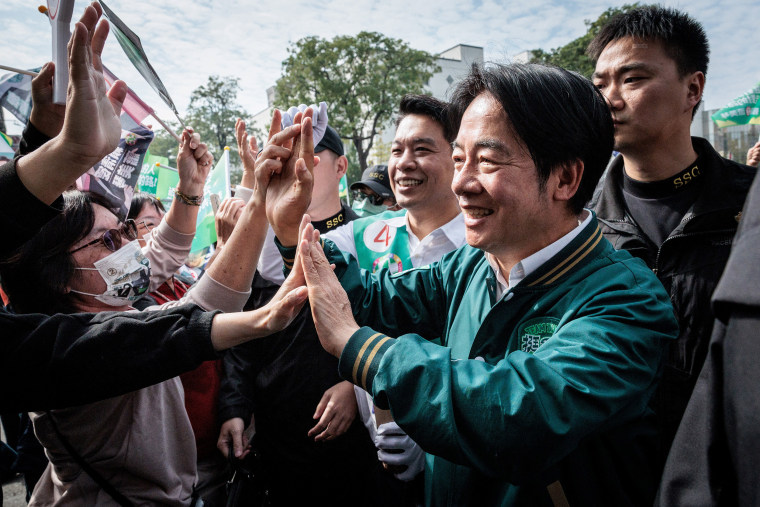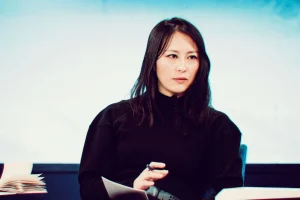Taiwan’s Choice Between ‘War and Peace’
Q: Who is likely to win?
This election appears to be a three-way race on the surface, but is fundamentally a contest between the blue camp and the green camp, particularly as we have entered the final stretch. It resembles the dynamic seen in the Taipei mayoral race during the nine-in-one local elections two years ago.
If the Democratic Progressive Party (DPP) wins, Taiwan would likely be crossing the red lines set by both China and the US, as the DPP candidate Lai Ching-te has strong separatist tendencies, including his running mate Hsiao Bi-khim, who has been labeled by mainland China as a diehard “Taiwan Separatist”. To avoid further escalating tensions, US think tank scholars such as Bonnie Glaser have been suggesting Lai to tone down his “Taiwan independence party platform”. If Lai is elected, the risk of war will quickly spike.Lai’s stubborn personality and insistance on Taiwan independence will surely worsen cross-strait relations.
If the KMT wins, I don’t think its candidate Hou Yu-ih is the type of figure who would bring sweeping changes to the political landscape. However incremental steps can reasonably be expected – cross-strate dialogues and a gradual restoration of peace and stability, for instance. It is because Hou at least acknowledges the 1992 Consensus, establishing a political basis of mutual trust with the mainland.
Under pressure from the current mainstream public opinion in Taiwan, Hou will find it very difficult to push cross-strait relations in the direction of unification. He stated yesterday at an international press conference that he will not push for unification negotiations during his term.
Naturally, cross-strait relations are also closely intertwined with Beijing’s reunification agenda and fluctuations in Sino-American ties. We will have to observe how these dynamics interact. What can reasonably be anticipated is that if both sides reaffirm the 1992 Consensus, a relatively peaceful and stable equilibrium can be sustained across the Taiwan Strait.
As for Ko Wen-je, his chances of winning currently seem low. His role in cross-strait relations will shift depending on the number of seats the Taiwan People’s Party gets in the legislative election. In the future, whether this critical minority will choose to cooperate with the DPP or the KMT remains to be seen.
Regarding public perception, most Taiwanese lack a nuanced understanding of the legal complexities defining cross-strait ties. Moreover, there is little appetite to unravel these convoluted issues. The majority seek to preserve the status quo – favoring neither unification nor independence. No Taiwanese politician appears willing to communicate the hard truth – “maintaining the status quo” is not going to go on forever.

Q: Are Taiwanese people concerned about the possibility of a war?
A sense of impending conflict has permeated parts of Taiwanese society. In the lead-up to the election,Taiwan authority has extended compulsory military service to one year, and allowed the US to continuously use it as a weapon, to the point of turning it into Ukraine.
However, fears of impending war have not proven decisive in the election. One reason is that decades have passed since battle erupted in the Taiwan Strait, and though war seems likely to some, no one in Taiwan can truly envision its arrival. As political observer Geng Rongshui aptly put it, Taiwanese society is either numb or ignorant. Looking generationally, older voters are relatively more concerned about the risks, fearing their children may have to take up arms. Younger voters, meanwhile, remain focused on their own situations – distaste for the Blue-Green divide, low youth salaries, high housing costs, and more.
Still, war worries appear to be rising among Taiwanese. A prime example was the PLA drills following Pelosi’s Taiwan visit two years ago. After the furor subsided, it became clear neither the DPP government nor the US had the willingness or courage to respond, while the PLA could encircle the island with ease.



